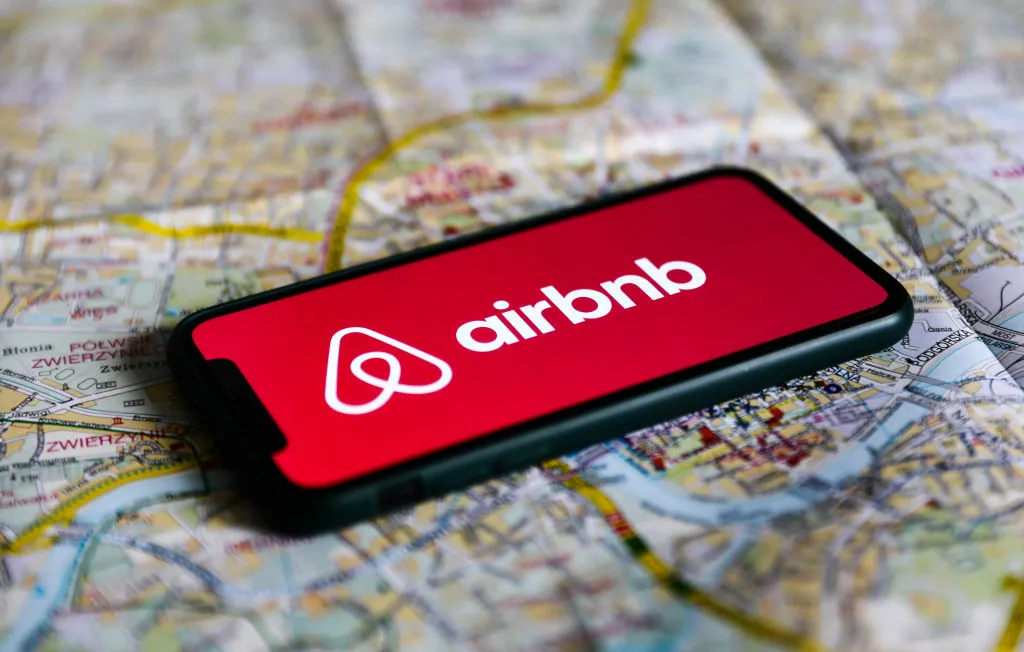In recent years, short-term rental platforms like Airbnb have disrupted the traditional hotel industry, offering travelers more affordable and unique accommodations. This has led to a shift in the way people travel, with many opting for the local and personalized experience that these rentals provide. In this article, we will explore the rise of short-term rental platforms and their impact on hotel bookings.
What are Short-term Rental Platforms?
Short-term rental platforms like Airbnb, Vrbo, and HomeAway allow individuals to rent out their homes or apartments to travelers for short periods of time. These platforms have become increasingly popular in recent years due to their low cost and unique offerings. Travelers can browse listings from all around the world, often finding accommodations that are cheaper and more personalized than traditional hotels.
Impact on Hotel Bookings
The rise of short-term rental platforms has had a significant impact on the hotel industry. While hotels still remain the preferred option for many travelers, the growing popularity of short-term rentals has led to a decline in hotel bookings. According to a report by Morgan Stanley, the global hotel industry has lost approximately $450 million in direct revenues to Airbnb alone.
One of the biggest reasons for this shift is the affordability and convenience of short-term rentals. Hotels can be expensive, particularly in popular tourist destinations, and travelers are often looking for more affordable alternatives. Short-term rentals offer a range of options, from single rooms to entire apartments, and are often significantly cheaper than hotels.
In addition to cost savings, short-term rentals also offer travelers a more personalized experience. Many travelers are looking for an authentic local experience when they travel, and short-term rentals allow them to stay in neighborhoods and homes that they would not have access to through traditional hotels.
Impact on the Hotel Industry
The impact of short-term rental platforms on the hotel industry has been significant. Hotels have had to adapt to changing traveler preferences, offering more personalized experiences and competitive pricing to compete with short-term rentals. Some hotels have also partnered with short-term rental platforms, offering their own listings on platforms like Airbnb.
Another way that hotels have adapted is by focusing on their strengths, such as amenities and services that cannot be replicated by short-term rentals. For example, many hotels have invested in luxury spas, restaurants, and fitness centers to attract travelers looking for a more high-end experience.
Conclusion
Short-term rental platforms like Airbnb have disrupted the traditional hotel industry, offering travelers more affordable and personalized accommodations. While hotels remain the preferred option for many travelers, the growing popularity of short-term rentals has led to a decline in hotel bookings. To compete, hotels have had to adapt, offering more personalized experiences and competitive pricing. While the future of the hotel industry remains uncertain, it is clear that short-term rental platforms have had a significant impact on the industry and will continue to shape the way people travel.


0 Comment